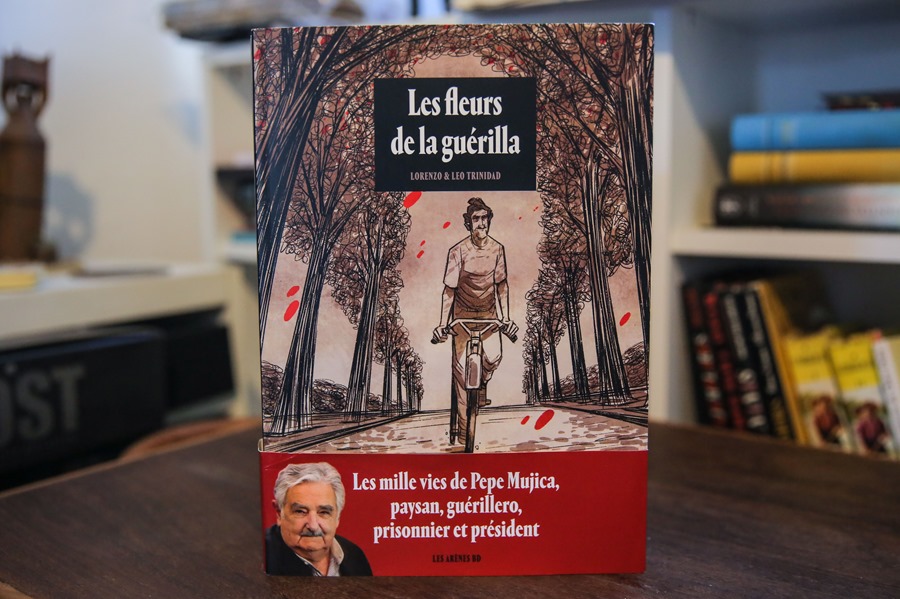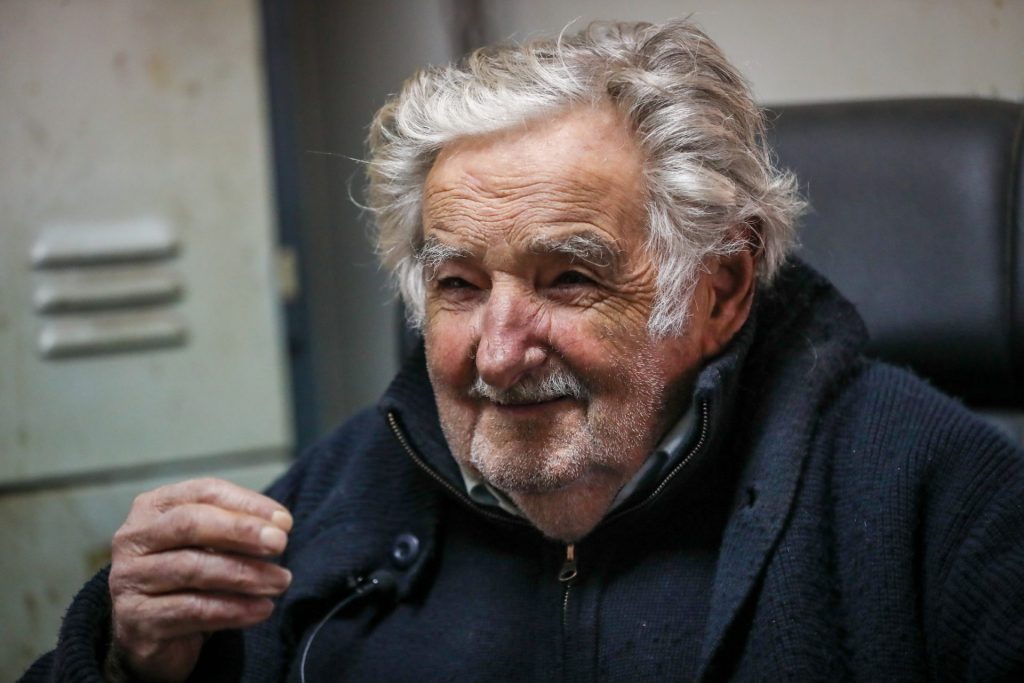By Àlex Gutiérrez Páez |
Montevideo (EFE).- With drawings about the life of the former president of Uruguay José ‘Pepe’ Mujica (2010-2015) and a bit of metafiction, the book ‘Pepe Mujica and the flowers of the guerrilla’ will arrive this year in Uruguayan bookstores after doing so in those of France and Spain.
Heroic to the world and criticized in his country, Mujica’s journeys will be told again through a comic in which its two authors -the writer Matías Castro and the cartoonist Leo Trinidad- submerge themselves and participate in dozens of comic strips about the man at the that the English press dubbed the postmodern Robin Hood.
“Outside of Uruguay (Mujica) is seen with great admiration and there are part of the lights and shadows of his figure and his political movement that are not seen so much in other places that are reflected in the book,” he says in an interview. to EFE Castro, who lives surrounded by books and board games in his apartment in Montevideo.
The comic mixes metafictional elements to dramatize turbulent scenes, such as Mujica’s madness during his 11 years as an inmate, in which he meets his self as a child and his self as an old man, and other realistic ones, such as a conversation that took place between Castro and the former president at the end of 2020.
A book without limits
The initiative to write a book about Mujica’s career arose in 2016, when Castro saw the potential of a comic with “a lot of resources” and “very few limitations in terms of narrative treatment.”
However, with the passage of time and the lack of opportunities, its implementation lasted three years.
“The project was born and revived several times until we met Nicolas Grivel, who is a literary agent from France who was the one who gave us a new light of hope to revive the project and take it to publishers,” says the Uruguayan writer, who is also director of the Montevideo Comics festival.

From that moment on, the book finally came to life and reached bookstores throughout France in May 2022 through the Les Arènes publishing house and two weeks ago in Spain with the support of the Salamandra publishing house.
“The difference and what made the project more attractive to me was the potential, what the comic offers in terms of reconstruction, the freedoms it gives,” says Castro, who assures that the reviews in France and Spain are being “good ”.
This artistic freedom is due, in part, to the strokes of Leo Trinidad, who has a long career in animation and contributed to the visual agility and narrative rhythm of the book.
For example, the scenes in prison are dark to symbolize Mujica’s loss of space and time, or the presence of flowers, which are one of the guiding threads of the work due to the floral tradition of the former president’s family.
The meeting with Mullica
One of the most special moments for Castro was when in November 2020, with the book half finished, he received a call from Mujica’s press officer, whom he had been chasing for more than two years to be able to chat with the former leader of the Tupamaros.
“Pepe is waiting for you on Thursday at his farm,” they told him by phone.

Thus, the writer went to the farm that Mujica has on the outskirts of Montevideo to ask him questions, exchange opinions and, if given, receive his approval to publish the book with the confidence of having his approval.
Of the book, there were only a few small details that did not seem entirely right, such as the fact that his grandfather did not appear, but he gave Castro “the freedom to publish what he wanted”, who finally decided to add that interview in the final chapters of the book. , where both appear talking about different topics.
“Without appealing to a false modernization, Mujica has managed with his speech to reach an electorate of the current century that is perhaps exhausted and is the one that seeks, many times, figures that come from outside of politics,” summarizes Castro, who defines him as “a politician with one foot in the 20th century and the other in the 21st.






